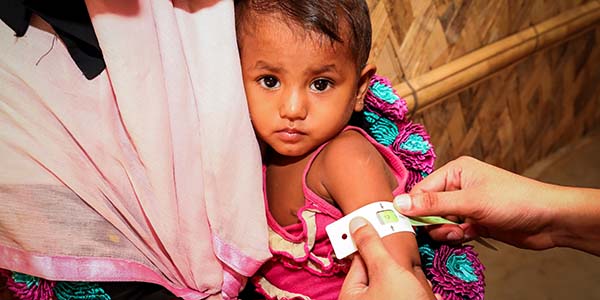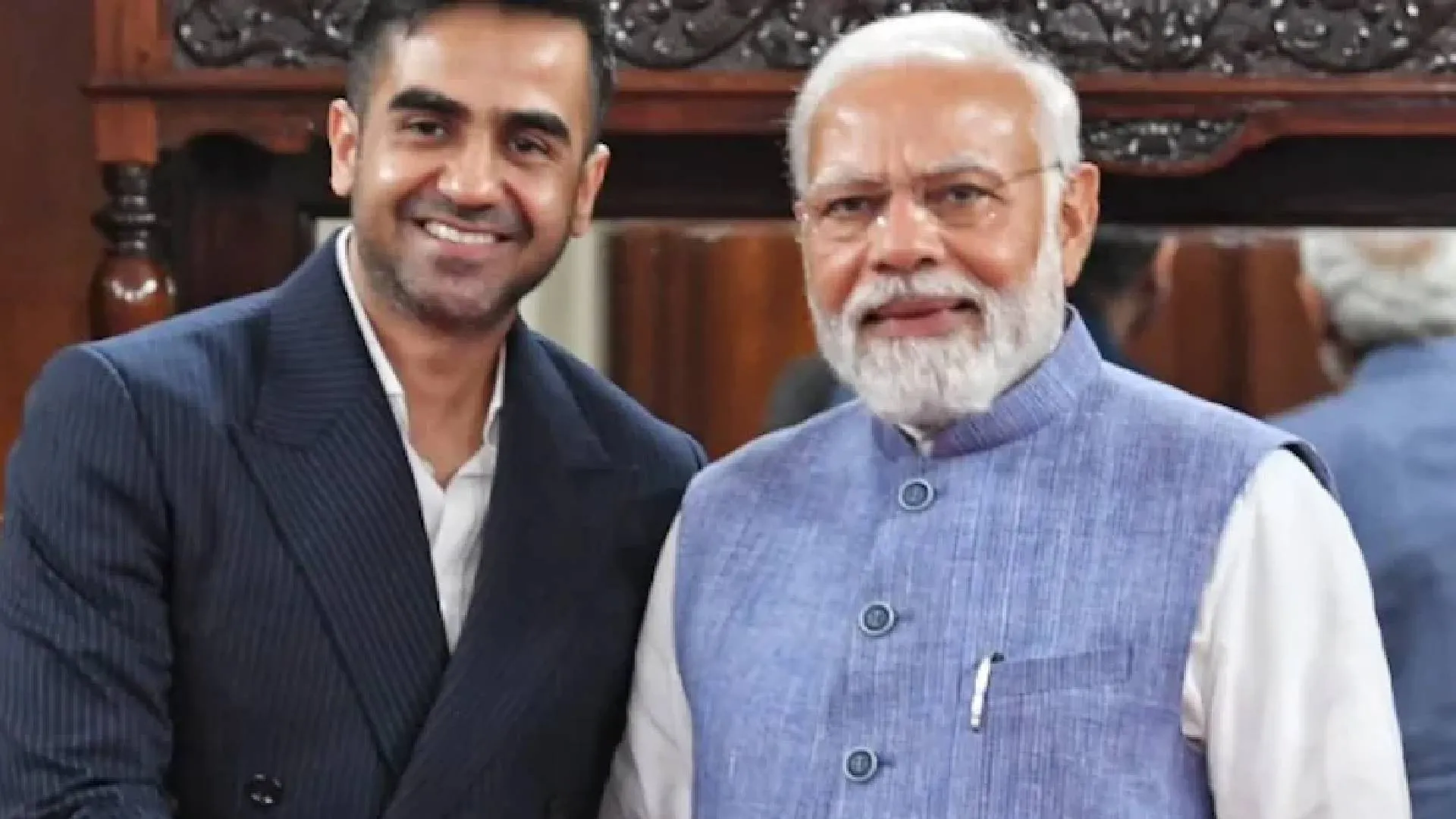Immunization has been a resounding success in India over the past few decades, owing to the concerted efforts of the government, healthcare professionals, and other stakeholders. The country’s immunization program, one of the largest in the world, has significantly reduced morbidity and mortality due to vaccine-preventable diseases.
Nearly 80 percent of children under the age of one in India have received all recommended vaccines, as reported by UNICEF. The country has also achieved polio-free status as a result of the massive polio eradication campaign that included widespread vaccination drives.
Several factors contributed to the success of India’s immunization program, including strong political will, effective policy implementation, and the participation of multiple stakeholders. The government’s dedication to ensuring universal access to vaccines has been a critical factor in the success of the program. Additionally, India has utilized its extensive network of healthcare facilities and community health workers to reach remote and underserved populations.
The country’s Universal Immunization Programme (UIP) is one of the key factors that have contributed to its success. Initiated in 1985, the program aimed to provide free vaccinations to all children in the United States, particularly those who were disadvantaged and lived in remote areas. Later, the UIP was bolstered by the introduction of new vaccines and the program’s expansion to include more age groups.
Multiple stakeholders’ participation in the immunization program has been an additional important factor. In addition to the government, healthcare providers, civil society organizations, and the private sector have contributed significantly to the program’s success. Nongovernmental organizations have supported vaccination campaigns in remote and difficult-to-reach areas, while private healthcare providers have assisted in the administration of vaccines to urban children.
Innovative approaches to increase vaccination coverage, such as the introduction of mobile vaccination units and the use of social media to disseminate information about vaccines, have also played a significant role. In addition, the government has implemented several demand-generation initiatives to increase vaccine awareness and uptake, such as the Mission Indradhanush campaign, which aims to reach unvaccinated and partially vaccinated children in remote areas.
India’s immunization success is also attributable to its innovative and technological efforts. For instance, the government has created an electronic vaccine intelligence network (eVIN) to track vaccine stocks and monitor their real-time supply and demand. In addition, the government has established a number of mobile vaccination units that are equipped with all necessary equipment and vaccines and can reach remote and inaccessible areas.
In addition, India has implemented a number of demand-generation activities, including the social mobilization network, which employs community health workers and frontline workers, such as ASHAs and ANMs, to educate parents and caregivers about the significance of vaccines. The government has also implemented several vaccination awareness campaigns, such as the polio eradication campaign, which was successful in eradicating the disease from the country.
India’s success in immunization is the result of a multifaceted strategy involving strong leadership, effective partnerships, innovative strategies, and the application of technology. Despite remaining obstacles, such as reaching the most vulnerable populations, India’s immunization success is a witness to the effectiveness of sustained commitment and concerted efforts to achieve public health objectives.
















